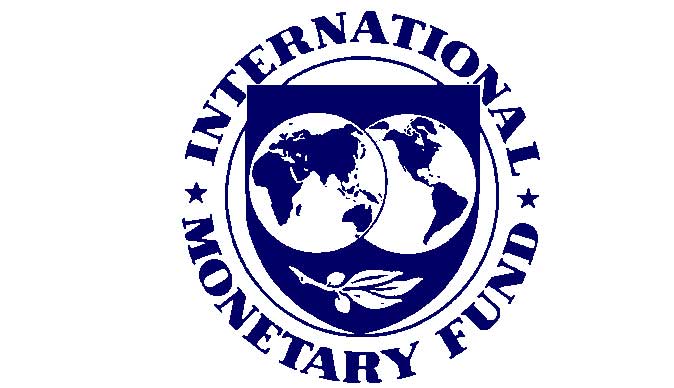‘IMF says Dangote Refinery may rebound Nigeria’s economy’
The Dangote Group has said the International Monetary Fund (IMF), the global financial watchdog, is projecting that Dangote Refinery would help to rebound the economy when it is completed and begins production by 2022. According to a statement from Dangote, it cited the latest IMF report on Nigeria’s economy, with the Fund hopeful that the […]

International Monetary Fund IMF
The Dangote Group has said the International Monetary Fund (IMF), the global financial watchdog, is projecting that Dangote Refinery would help to rebound the economy when it is completed and begins production by 2022.
According to a statement from Dangote, it cited the latest IMF report on Nigeria’s economy, with the Fund hopeful that the operation of the refinery, solely owned by Africa’s richest man, Aliko Dangote could help Nigeria improve its Current Account balance.
It said Dangote Refinery has “the potential to catalyze more domestic crude oil production and boost GDP growth.”
“On the upside, the Dangote refinery, if commencing production in 2022 as planned, could meet the full demand for domestic consumption of refined petroleum products-which are almost all imported at present-thereby improving the CA balance.
“With crude oil for local refining not subject to the OPEC quota, the refinery also has the potential to catalyze more domestic crude oil production and boost GDP growth,” the IMF wrote in its Article IV report on Nigeria’s economy released on Monday.
The 650,000 capacity Dangote Refinery project cost about $15 billion which could end Nigeria’s estimated $7bn annual fuel import, while serving other countries.
The Group also said the fertiliser plant is ready and could be commissioned soon to promote the agricultural revolution in Nigeria and in some parts of Africa.
Today, Dangote’s quest to play in the oil refining business is gradually coming to pass with the impending completion of the plants in the Lekki export free trade zone and the accolade from the global financial watchdog.
